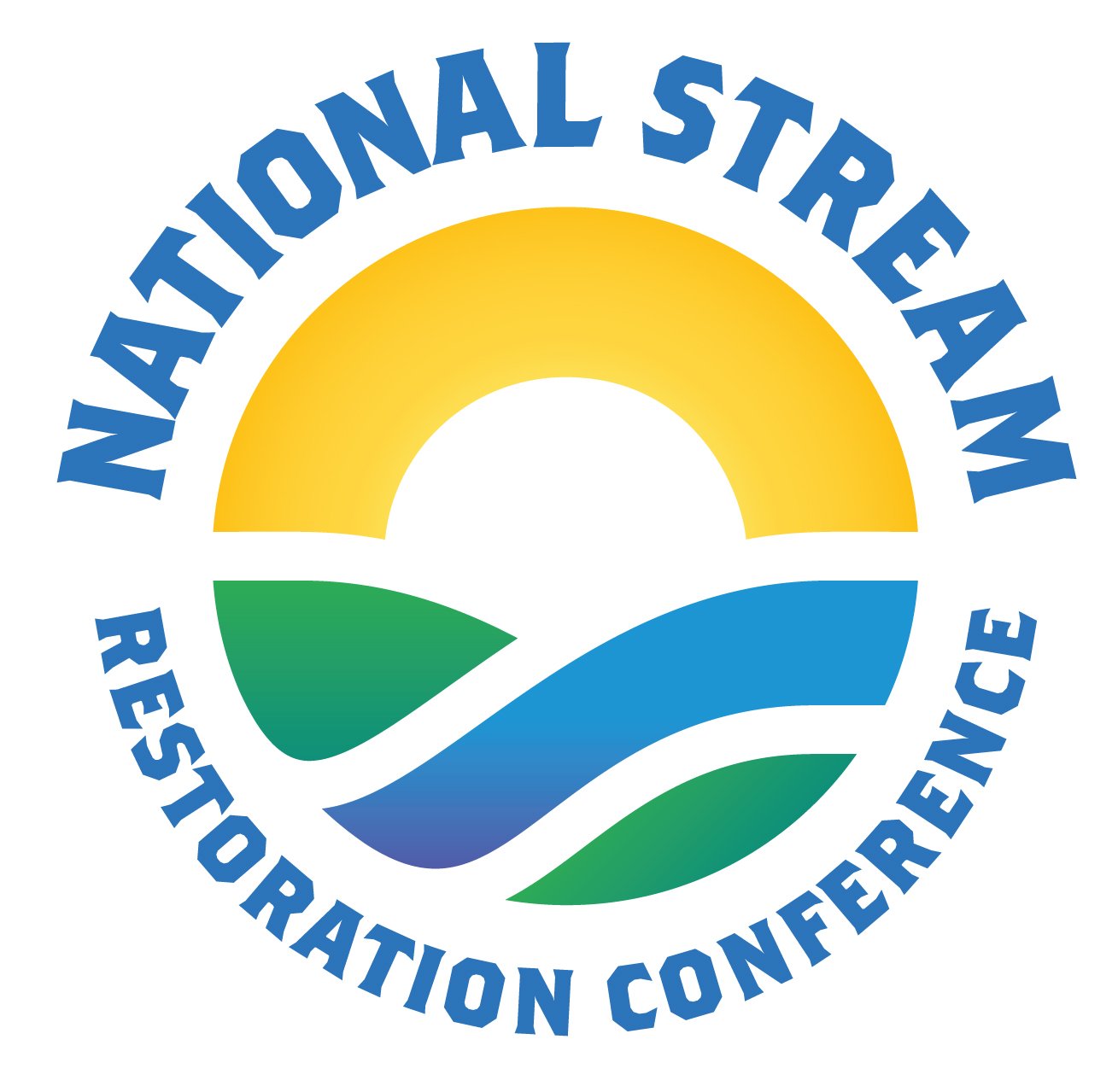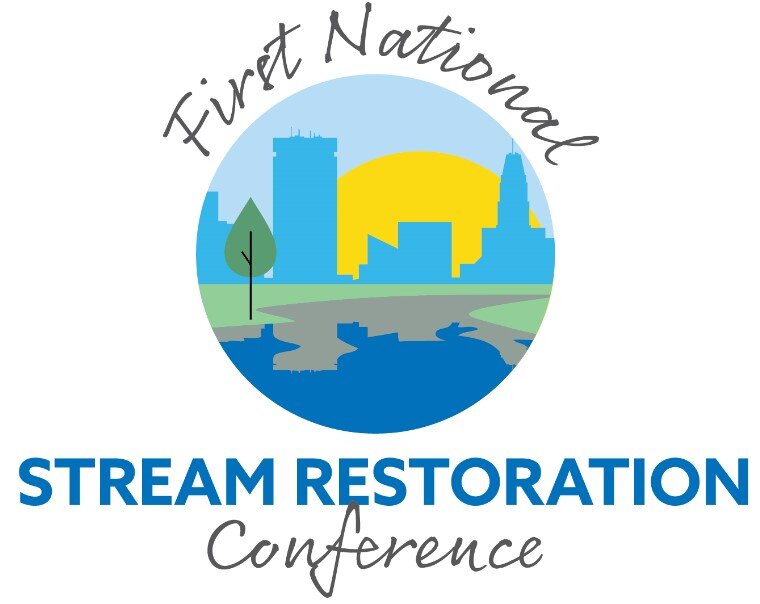EVALUATING THE ROLE OF URBAN STREAM RESTORATION FOR IMPROVING TRANSPORTATION RESILIENCE TO EXTREME RAINFALL EVENTS
Jack Kurki-Fox, PhD, PE
Research Associate
Biological & Agricultural Engineering
North Carolina State University
Raleigh, NC
Authors:
Jack Kurki-Fox Daniel Line
Biological & Agricultural Engineering
North Carolina State University
Barbara Doll
NC Sea Grant
Biological & Agricultural Engineering
North Carolina State University
Recent extreme rainfall events produced severe flooding across North Carolina’s Coastal Plain, revealing deep vulnerabilities in many communities. Climate change is expected to exacerbate these problems by further increasing rainfall intensity and the frequency of extreme rainfall events. Due to the risks posed by these changing rainfall patterns, a shift in the approach to infrastructure planning and management is needed for many floodprone communities, particularly in regard to managing streams and floodplains in urban areas. This study proposes a framework for systematically evaluating stream restoration in combination with engineered improvements to culvert and bridge crossings to identify and optimize options for mitigating extreme events in urban areas. To illustrate the methodology, hydraulic modeling was conducted to test four different strategies for reducing flooding along channelized and armored streams in two Coastal Plain communities in North Carolina. The results indicate that neither floodplain restoration nor infrastructure modification alone could alleviate flooding. Rather, a combination approach of stream restoration and strategic infrastructure upgrades would be required to mitigate flooding, which could result in substantial benefits for storms up to the 100-year event. The results suggest that shifting to a multi-faceted approach to improve resiliency to extreme events could improve public safety and reduce future damages due to flooding.
About Jack Kurki-Fox, PhD, PE

